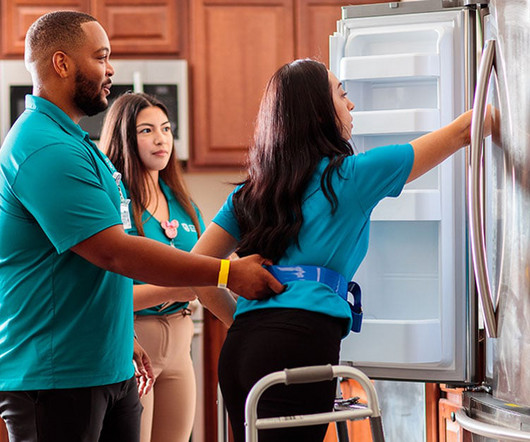Top Nursing Specialties in Demand for 2025
NexNurse
JANUARY 27, 2025
Skills Required: Advanced clinical skills, strong communication, and the ability to work independently. Opportunities: NPs can work in various settings, including hospitals, clinics, and private practices, and may specialize in areas such as family practice, pediatrics, or geriatrics.












Let's personalize your content